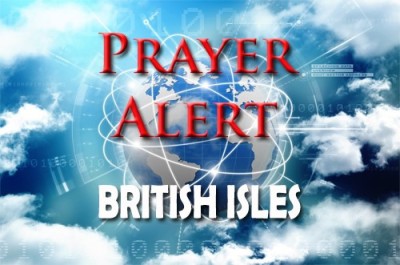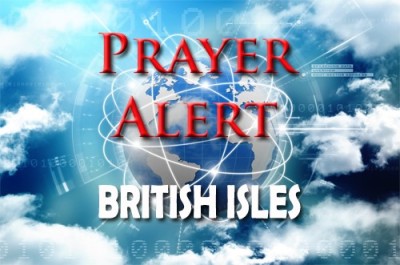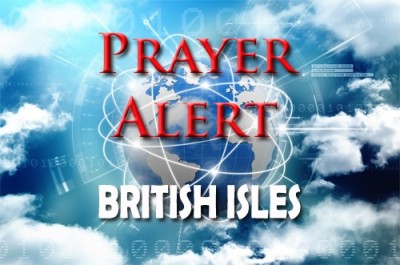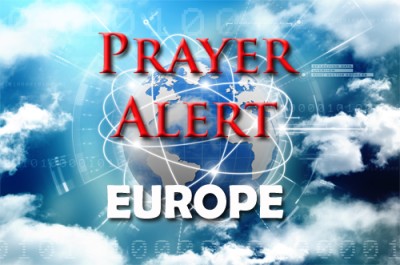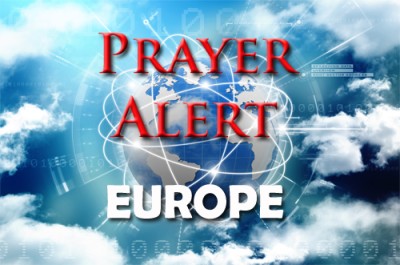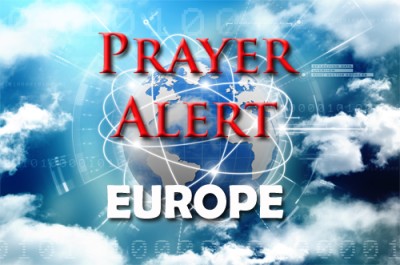A turning point for cancer treatment?
A new national cancer plan for England has been published, marking a significant moment after years of calls for a long-term, ambitious cancer strategy. The ten-year plan covers prevention, diagnosis, treatment, care, and research, with a central aim for 75% of people diagnosed with cancer to survive at least five years by 2035. Given that cancer outcomes in England have lagged behind comparable nations, this focus on survival has been widely welcomed, though delivering it will be challenging. Positive commitments include a full rollout of lung screening by 2030, stronger emphasis on earlier diagnosis, and meeting cancer waiting time targets by 2029. The plan also highlights innovations such as AI tools and liquid biopsies, and places welcome priority on children’s and young people’s cancer research. Efforts to reduce risk factors like smoking and UV exposure are noted; however, concerns remain about limited detail on implementation, responsibility, and funding. The plan sets oversight structures and promises progress reviews, but its success will depend on sustained investment, clear accountability, and determined delivery across the NHS and research system. See
CofE national director resigns over same-sex prayers
The national director of the CofE Evangelical Council, Revd John Dunnett, has resigned as an honorary canon of Chelmsford Cathedral in response to its decision to use the Prayers of Love and Faith to bless same-sex couples. Appointed to the honorary role in 2020 by the Archbishop of York, Dunnett said he did not take the decision lightly but felt compelled to act on matters of biblical conviction. The Prayers of Love and Faith do not constitute marriage services but allow same-sex couples to receive a formal blessing within church settings. Church leaders describe them as a way of celebrating commitment in God’s presence. However, Dunnett stated that their use at the cathedral had deeply alienated those who uphold historic Anglican teaching on marriage and sexuality. He expressed a fundamental objection to endorsing practices which he believes are contrary to Scripture. However, he has said he remains committed to the diocese’s wider life and will continue worshipping, giving, and engaging in synodical processes.
Archbishop of Canterbury praises King’s ‘deep Christian faith’
Archbishop Sarah Mullally has formally paid homage to the King at Buckingham Palace, marking a significant moment at the start of her ministry as Archbishop of Canterbury. During the ceremony, she took an oath recognising the King as Supreme Governor of the Church of England, a tradition dating back to the reign of Queen Elizabeth I and observed by all diocesan bishops. Archbishop Sarah, recently confirmed as the 106th Archbishop of Canterbury at St Paul’s Cathedral, was accompanied by senior figures including the Lord Chancellor and the Clerk of the Closet. Reflecting on the occasion, she described it as a privilege and spoke warmly of the King’s deep Christian faith, evident in his lifelong service to the nation and the Commonwealth. She also recalled paying homage to Queen Elizabeth II when she became Bishop of London, expressing gratitude for the continuity of royal support for the Church. As she prepares for her formal installation at Canterbury Cathedral later this month, she begins her leadership at a time of both opportunity and challenge for the Church of England, calling for prayerful support as she steps into this historic role.
Ukraine: thousands without electricity as peace talks continue
Renewed Russian attacks on Ukraine’s energy infrastructure have left millions without power during freezing winter conditions. Volodymyr Zelensky said more than two hundred repair crews are working around the clock in Kyiv, where over 1,100 apartment buildings remain without electricity. Elsewhere, cluster munition strikes in eastern towns such as Druzhkivka killed civilians and injured many more. The attacks, whose effect was exacerbated by temperatures as low as -20C, followed a week’s pause requested by Donald Trump. Families have sheltered in metro stations, warming centres and makeshift tents as generators are brought in. Energy officials warn repairs will take time, with some key facilities severely damaged. The governor of a Russian town near the border said work was continuing to restore power and water services following a Ukrainian missile strike there earlier in the week. While US, Ukrainian and Russian representatives meet again in Abu Dhabi to discuss a peace plan, there are few signs of progress. As winter deepens, ordinary Ukrainians face exhaustion, grief, and uncertainty alongside continuing violence.
Norway: crown princess’s son on trial for rape
The trial of Marius Borg Høiby, who is the son of crown princess Mette-Marit, has opened in Oslo, drawing national attention. The court heard emotional testimony from the first woman who alleges she was raped at a party in 2018, describing fragmented memory and distress at being drawn into a long-delayed legal process. Borg Høiby faces 38 charges, including four counts of rape, which he denies, maintaining that all encounters were consensual. The alleged incidents occurred after initial consent, with prosecutors arguing that the women were later incapacitated and unable to resist. Although he is not a member of the royal family, the case has intensified pressure on the palace, particularly regarding past links between the crown princess and Jeffrey Epstein. Strict reporting restrictions are in place as the court weighs evidence, credibility and responsibility, in a case that has stirred debate about power, consent, justice and public trust.
Greece: smugglers blamed for fifteen deaths after speedboat collision
The deaths of fifteen Afghan and Moroccan migrants after a speedboat collision on 3 February with a coastguard boat have raised troubling questions about accountability at sea. The Greek authorities were quick to blame smugglers, saying the migrant vessel ignored warnings and manoeuvred dangerously. Yet critics urge caution, pointing to past incidents where official explanations later unravelled. In 2023, hundreds of migrants died when the fishing boat Adriana sank, initially described as unavoidable, before survivors alleged coastguard involvement. Years later, senior officers now face prosecution. In the current case, no testimonies from survivors have yet been made public and no independent video evidence has been released, so that there is uncertainty about what truly happened in the darkness. Greece remains a major entry route into Europe, while its government pursues a tough deterrence policy praised by some voters but condemned by human rights groups. The tragedy highlights the ongoing human cost of migration and the need for truth, transparency and compassion.

